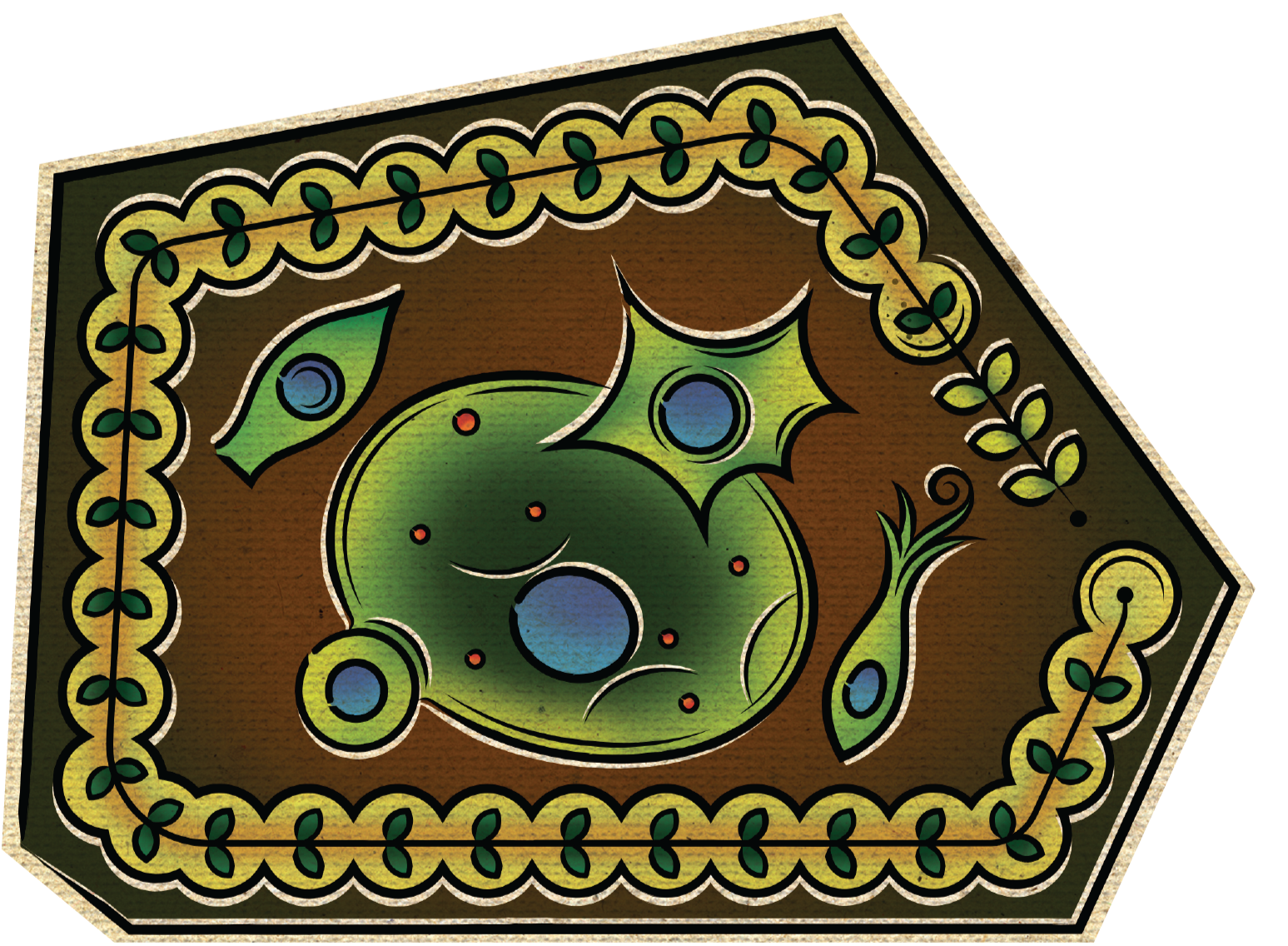Research
We study how herbivorous insects interact with their environment, focusing on the ecological and evolutionary forces that shape their behavior, physiology, and immune status. Our interests span a wide range of questions, including how herbivore defenses evolve in multitrophic contexts, how insects use environmental signals to anticipate threats, how they prepare to survive these challenges, and what costs are associated with such defenses.
The outcomes of our research is to guide both fundamental understanding in ecology and the development of practical solutions for sustainable pest management and insect conservation.
Currently, we are having three major projects:
1) Eco-immunology of Trophic Interactions: Linking Plant Defense Chemistry, Herbivore Immune Function, and Natural Enemies in Multitrophic Systems
2) Resource Allocation Strategies of Herbivores in a Tri-Trophic Context: Insights into Development, Defense, and Reproduction
3) Immune Priming in Insect Conservation: An Ecoimmunology Framework for Resistance, Tolerance, and Transgenerational Preparedness
But science is not just about questions and data. It is also about people. Everyone deserves to do science in a space free from discrimination and hostility. That is non-negotiable in the HEBI lab. In this Lab, we respect each person’s identity, background, and journey. We value transparency, integrity, and kindness. We support one another’s growth, celebrate different ways of thinking, and believe that inclusion is essential to good science.


